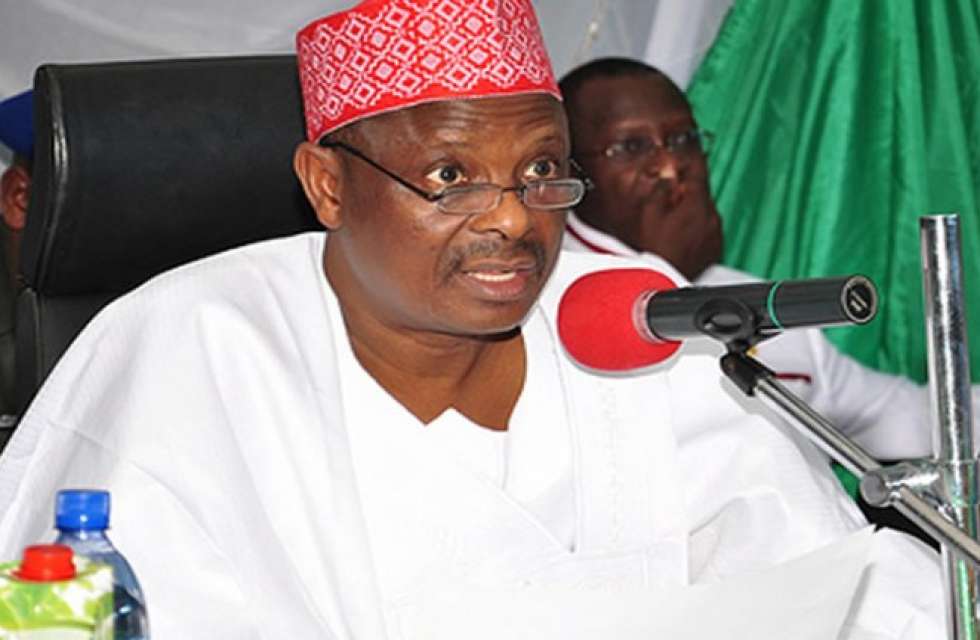ABUJA, Nigeria — Tensions within the New Nigeria Peoples Party, NNPP, escalated this week as the faction led by Senator Rabiu Kwankwaso confirmed plans to amend the party’s constitution and logo.
This comes just days after the expulsion of Kwankwaso, the party’s presidential candidate, for alleged anti-party activities and misappropriation of campaign funds.
The expulsion was carried out by a faction of the NNPP led by Major Agbo and was announced by their factional National Publicity Secretary, Abdulsalam Abdulrasaq.
The move has caused division within the party, leading to accusations and blame-trading among its members.
In an exclusive interview on Saturday, September 9, 2023, National Auditor Ladipo Johnson, who was also the chairman of the disciplinary committee that expelled some members recently, confirmed the plans to amend the constitution and logo.
He denied that the move was aimed at dealing with internal factions.
“No, it has nothing to do with any faction. It was something we already discussed at the NEC. Unlike them (Agbo faction), we are serious people. But we haven’t changed the logo yet. We are planning to throw it out there for our members to compete and come up with ideas,” Johnson told reporters.
Major Agbo, acting National Chairman of the opposing faction, claimed that the proposed changes are a targeted move to remove the immunity granted to the party’s founder, Dr. Boniface Aniebonam, by the current constitution.
“The proposed amendment to the constitution and changing of the logo they are talking about was deliberate. That was because they discovered suddenly that the man they are after (the founder) has immunity by the provision of that constitution. That’s why they are hurrying to amend it,” said Agbo.
As both factions of the NNPP appear to be digging in for a protracted internal struggle, political analysts suggest that the internal strife could have significant implications for the party’s future, its role in upcoming elections, and its standing among voters who are already skeptical of political parties in Nigeria.
This crisis comes when many Nigerians are looking for strong political alternatives, and the public fracturing of the NNPP could serve as a deterrent to voters seeking new political homes.







